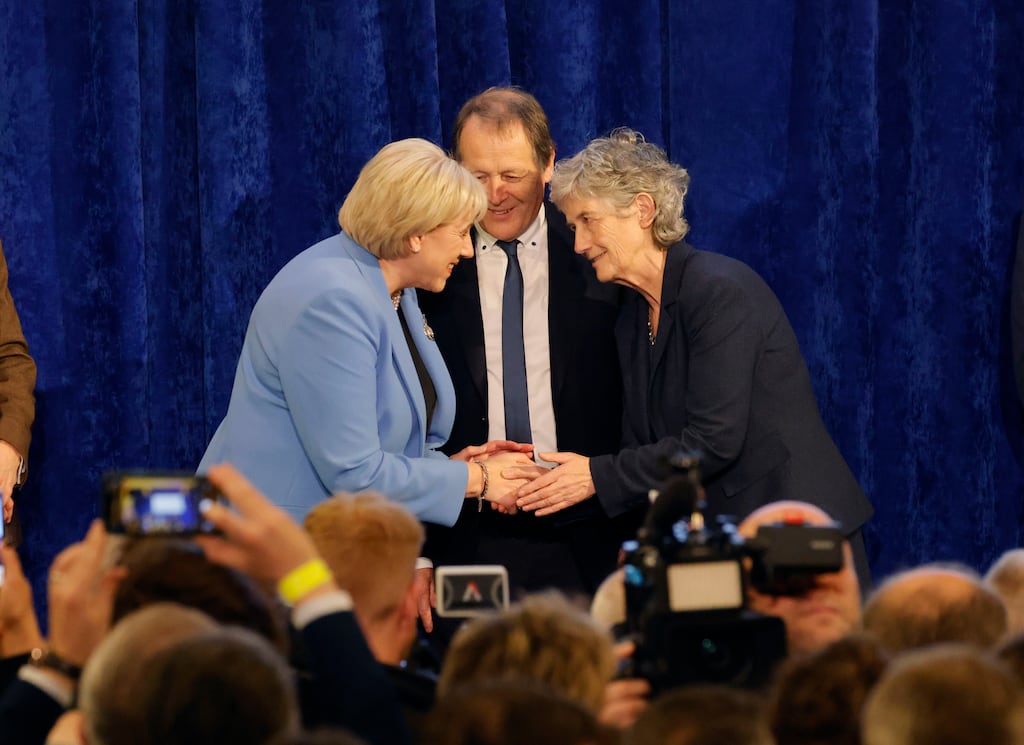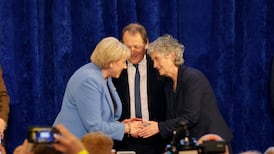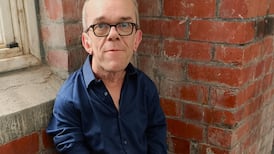The recent presidential election campaign holds many lessons for politics on the island, but one of the most significant may be that it has shone a light on the uncomfortable truth that the peace brought about by the Belfast Agreement has not yet become reconciliation.
Both Catherine Connolly – who will be inaugurated as president tomorrow – and Heather Humphreys expressed a strong commitment to Irish unity. But perhaps the most startling and depressing feature of the debate were the sectarian comments directed at Heather Humphreys.
The abuse – and there was abuse, even if there are now attempts to deny it ever existed – reveals that there is much to be done across the island on division, accommodation and how all of us address the complexities of history that we have inherited.
The election generated many talking points, but for some, particularly those of us in the North who want to see the creation of a New Ireland, the conversation around unity – so long ignored south of the border – was especially significant.
READ MORE
The SDLP did not pick a side or a candidate in the presidential debate. Our approach was to ask whichever candidate emerged as president to use their platform to promote reconciliation and a New Ireland during their term of office.
An ambition written into our party’s existence, we are under no illusion about the scale of this challenge, or the role that those of us actively driving that cause have in setting out the vision and roadmap for how we get there.
Ultimately, it is the opportunity to create a new constitutional arrangement that improves lives that drives us – but the journey really matters. The tenor and tone of this conversation and how we conduct it, will ultimately determine the destination.
A good starting point is considering what a New Ireland should not be. It should not be about righting a historic wrong or settling an 800-year-old score. It is not about the green of the flag claiming victory over the orange.
Nor can it be about legitimisation of the horrors of our past. That approach is doomed to fail and must be stopped in its tracks. Nor is it about simply bolting the North onto the South. We cannot just wish ourselves into a united Ireland.
Our problems will not magically disappear by removing the Border.
If we are serious about change, we must radically rethink how we in the North present ourselves, how we want others to think about us, and how we approach this once-in-a-generation opportunity to peacefully build something new.
That vision demands a full understanding of where we are now. The idea that Northern Ireland is a place beyond redemption, incapable of running its own affairs without collapsing every few years, is hardly a compelling invitation to a southern electorate.
A failing Northern Ireland is not a strategy for a New Ireland. It is true that Stormont has a ceiling on its ability to deliver for the people who live here, but the biggest limitation is the political will of the Sinn Féin and DUP-led Executive.
Their failure to deliver has left us with an environmental catastrophe in Lough Neagh, a health service on the brink and a trail of broken promises from Casement Park to childcare costs to the delivery of a safe A5 road.
These challenges cannot be postponed in hope of some future promised land. The case for a New Ireland must be built on the positive change that we deliver here and now. Decisions and indecision have consequences.
Belfast is a vibrant European city; Derry’s resilience is unmatched; Fermanagh’s lakes and Antrim’s coast are assets any country would be proud of. The whole region is a hotbed of creativity. The challenge is not that Northern Ireland, and the people for whom it is home, lack potential, it is that we lack a system capable of realising it, and political leaders unwilling to support it.
Nor should we pretend that the Republic has not got its own challenges.
A New Ireland can be a catalyst for social and economic renewal across the island. An opportunity to build a society where everyone has a fair share of prosperity, universal public services alongside private wealth.
Where cultural identities are diverse; where the Irish language is respected and not politicised; where it is inclusive and not essential, so that those with a grá for it can use it, but that those who do not are not perceived as any less Irish as a result.
Politics is changing in profound ways, we must recognise this. Old assumptions about stability, identity and belonging are shifting. People are questioning who governs them, how they are represented, and the future they want.
In that uncertainty lies both risk and opportunity for everyone with a stake in this land. If we are not prepared, if we are not leading the conversation with clarity and confidence, others will fill the void.
To do that, we need to start planning for constitutional change with the same seriousness that the Irish Government prepared for Brexit, with research, transparency and a focus on facts, opportunities and challenges.
That is why we have called for a Ministry for a New Ireland to begin the detailed, practical work of preparation, rather than simply throwing about dates for a Border poll.
So rather than asking when a referendum will happen, we need to first ask how and why we would make a New Ireland work. When the moment comes, the choice before people is not between chaos and comfort, but between stagnation and renewal.
When people go into that voting booth, we want them to do so with confidence and excitement about the future, not to escape a failing status quo or with fear of what it may mean for them and their families.
The election of a new president gives us a chance to reset the debate, to move from rhetoric to real work, from division to design. The SDLP will continue to play its part in shaping that future.
Claire Hanna is leader of the SDLP













